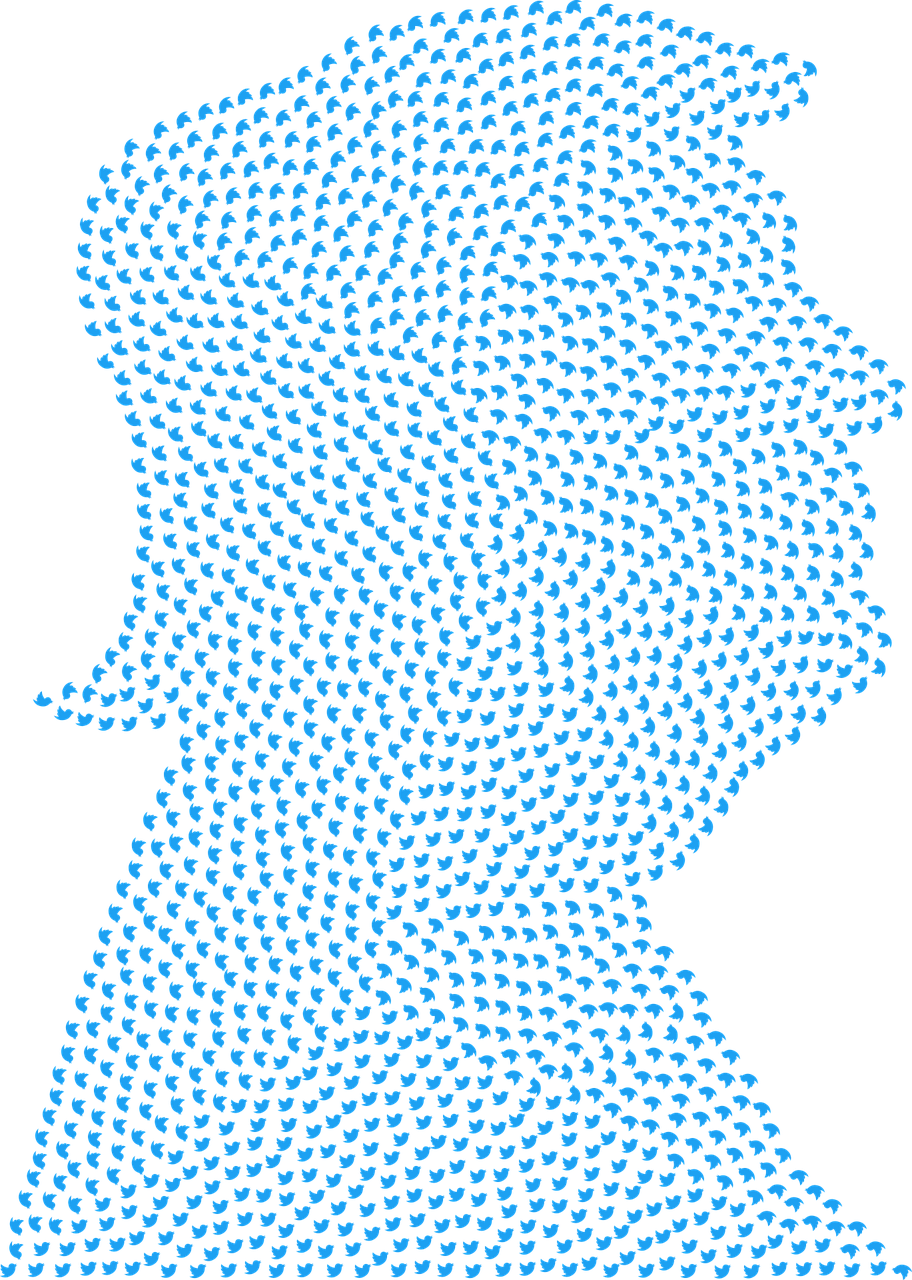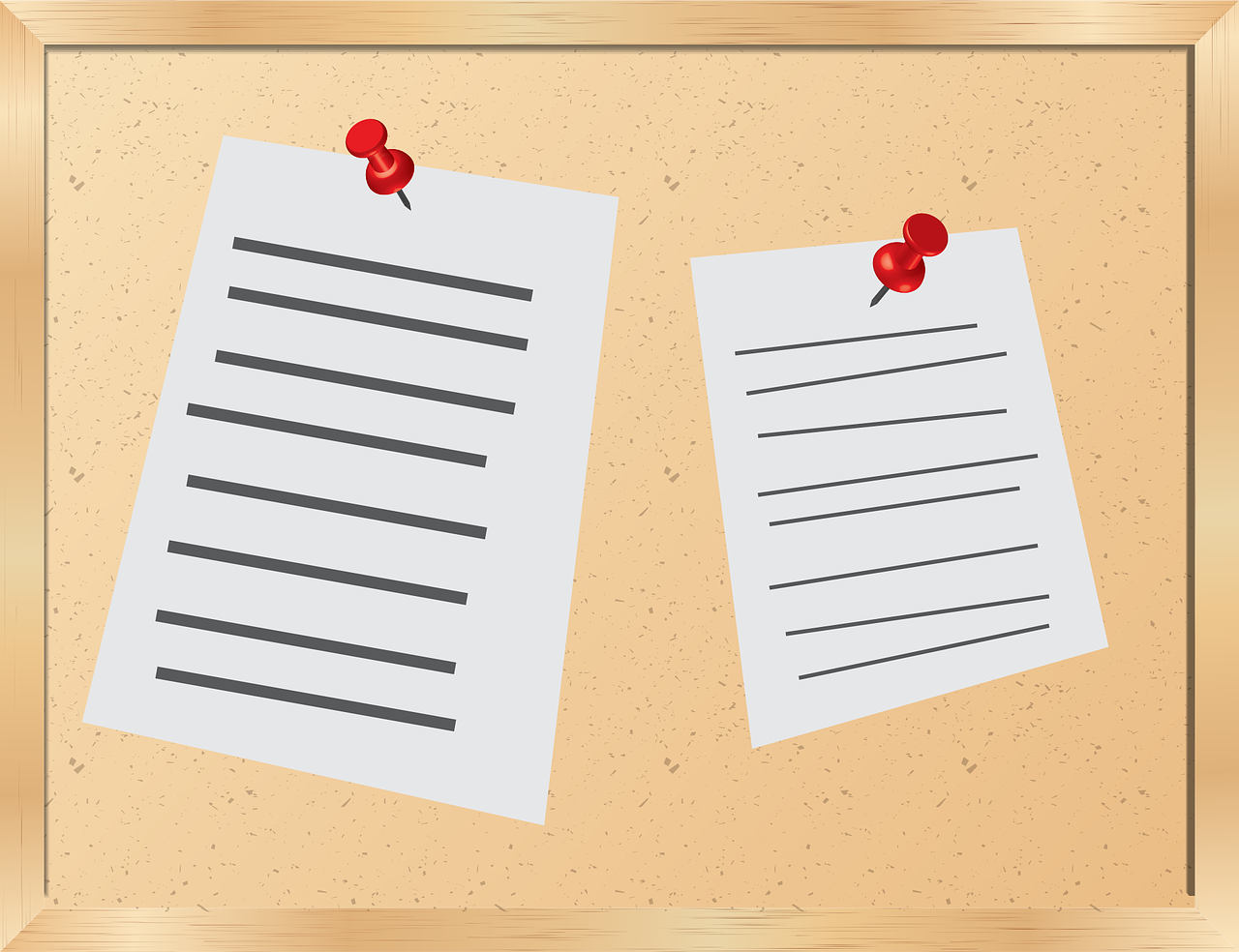We have important new developments to share with our readers regarding the United States Citizenship and Immigration Services (USCIS) planned increase in filing fees for certain applications and petitions, which was set to go into effect beginning October 2nd 2020.
As we previously reported on our blog, in early August USCIS published a final rule in the Federal Register entitled, “U.S. Citizenship and Immigration Services Fee Schedule and Changes to Certain Other Immigration Benefit Request Requirements.” This final rule discussed the agency’s planned increase in filing fees for applications, petitions, or requests filed with USCIS postmarked on or after October 2, 2020.
*For a complete list of the planned increases and petitions affected click here.
According to USCIS, the final rule was intended to ensure that the agency would have enough resources to provide adequate services to applicants and petitioners. The agency stated that after having conducted a review of current fees, the agency determined that they could not cover the full cost of providing adjudication and naturalization services without a fee increase.
This news was not surprising to say the least. Since the emergence of the Coronavirus pandemic, USCIS has been facing an unprecedented financial crisis that has forced the agency to take drastic measures to account for its revenue shortfalls.
Federal Judge Grants Injunction Blocking Increase in Filing Fees
In a surprising turn of events, just days before the final rule was set to go into effect, several organizations filed a lawsuit against the Department of Homeland Security to stop the government from enforcing the final rule. Immigrant Legal Resource Center, et al., v. Chad F. Wolf.
On Tuesday, September 29, 2020, federal judge Jeffrey S. White of the District Court for the Northern District of California, granted the injunction temporarily preventing the government from enforcing the increase in filing fees as planned on October 2nd.
As a result of the court order, USCIS is prohibited from enforcing any part of the final rule while the lawsuit is being litigated in court. While the government is sure to appeal the court’s decision, for now applicants can continue to send their applications and petitions with the current filing fees as posted on the USCIS webpage.
In support of his ruling, judge White reasoned that the plaintiffs were likely to succeed in challenging the final rule because both the previous and current acting secretaries of the Department of Homeland Security (DHS) were unlawfully appointed to their posts and therefore were not authorized to issue the final rule. The judge also agreed that the fee hike would put low income immigrants at a severe disadvantage stating, “Plaintiffs persuasively argue that the public interest would be served by enjoining or staying the effective date of the Final Rule because if it takes effect, it will prevent vulnerable and low-income applicants from applying for immigration benefits, will block access to humanitarian protections, and will expose those populations to further danger.”
 Visa Lawyer Blog
Visa Lawyer Blog











